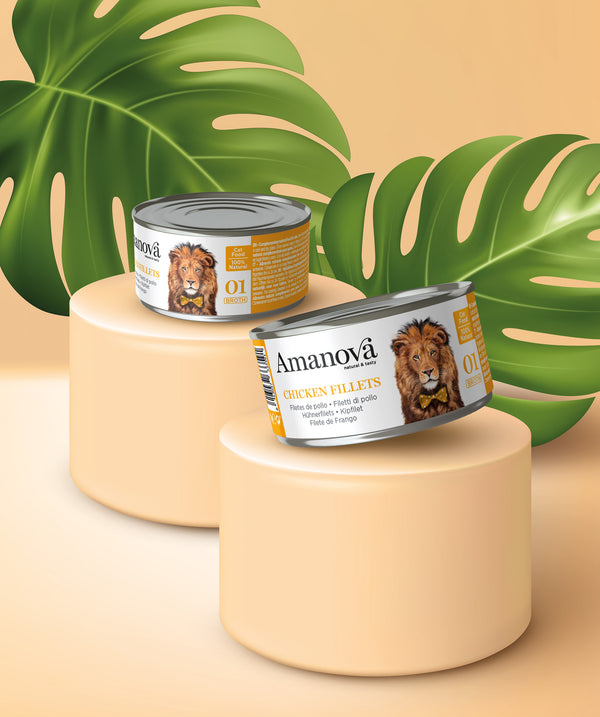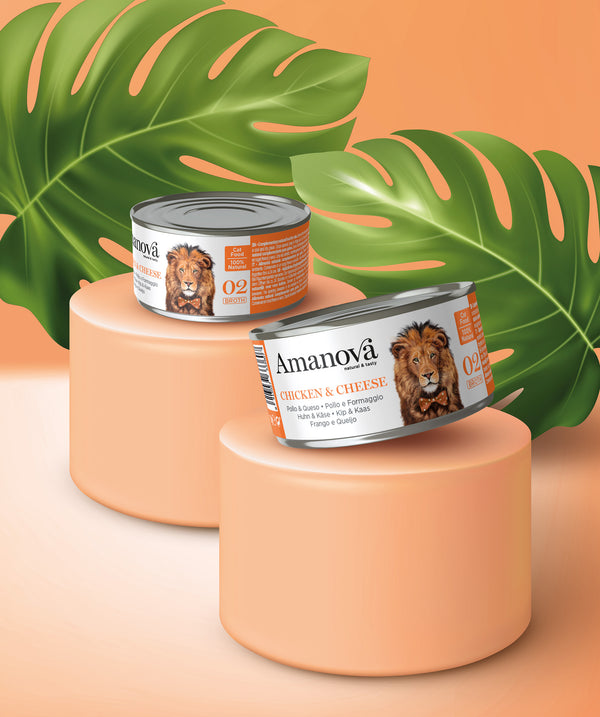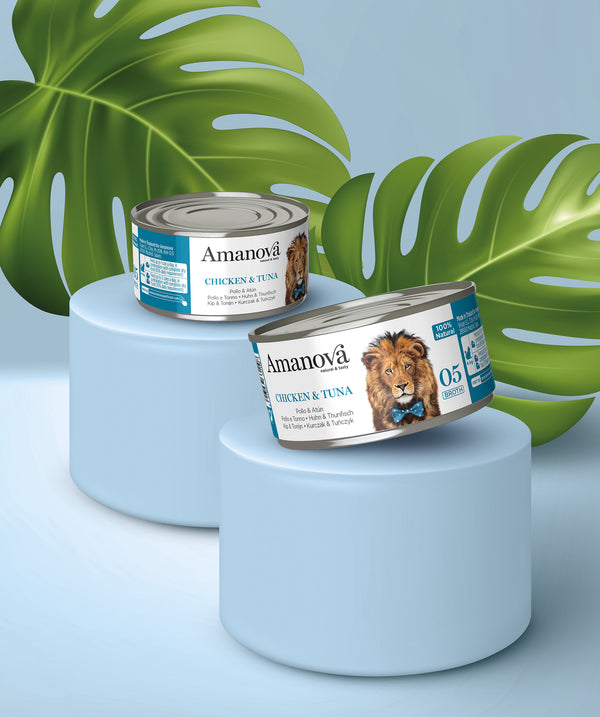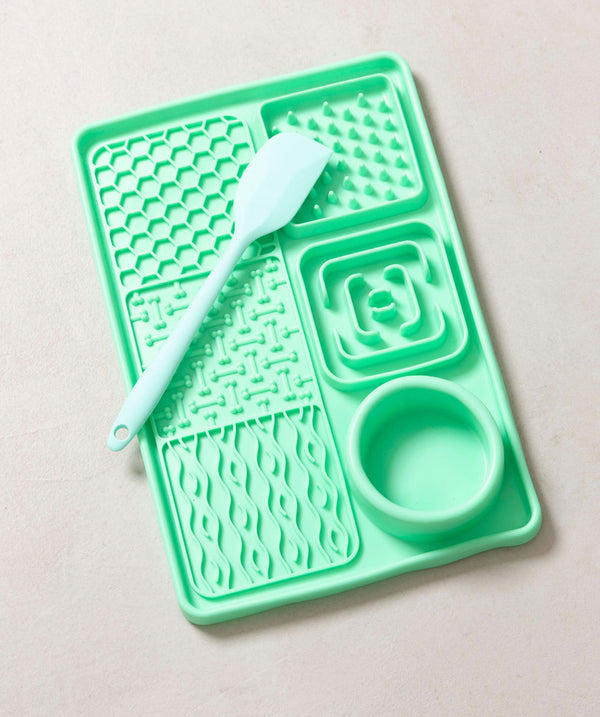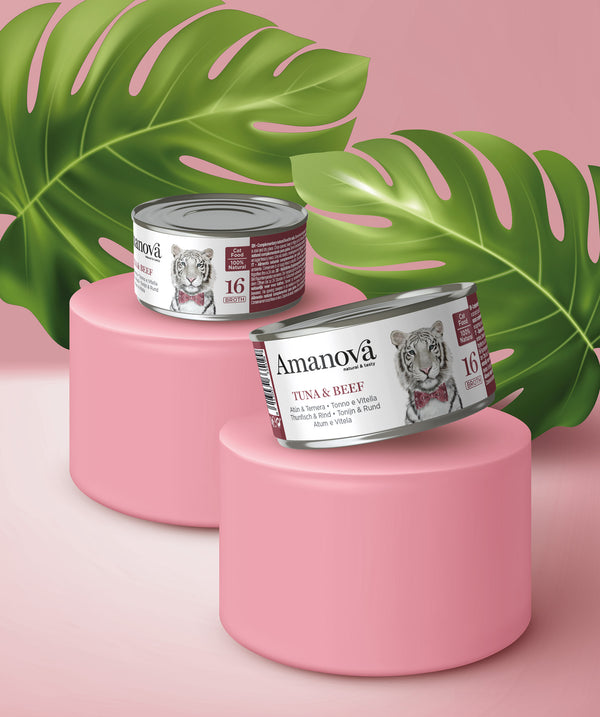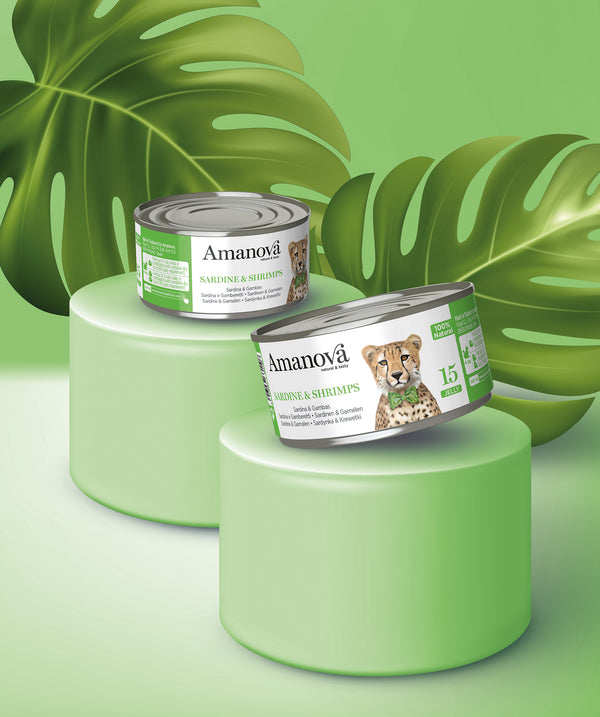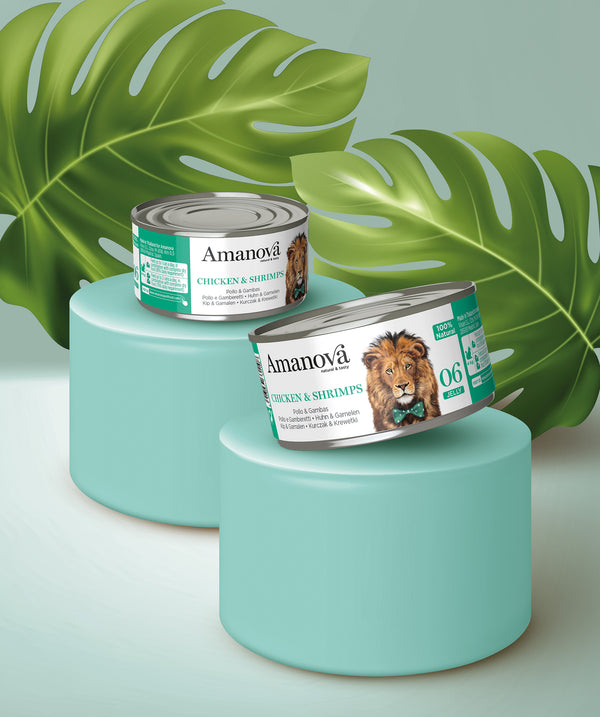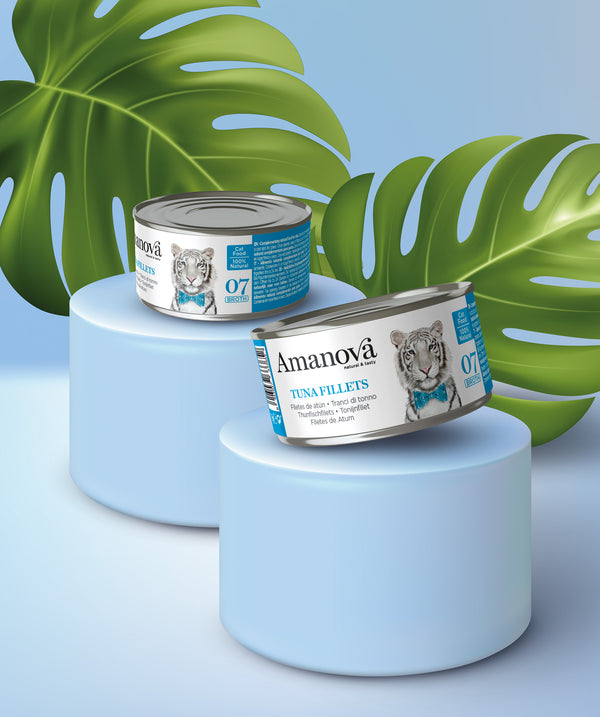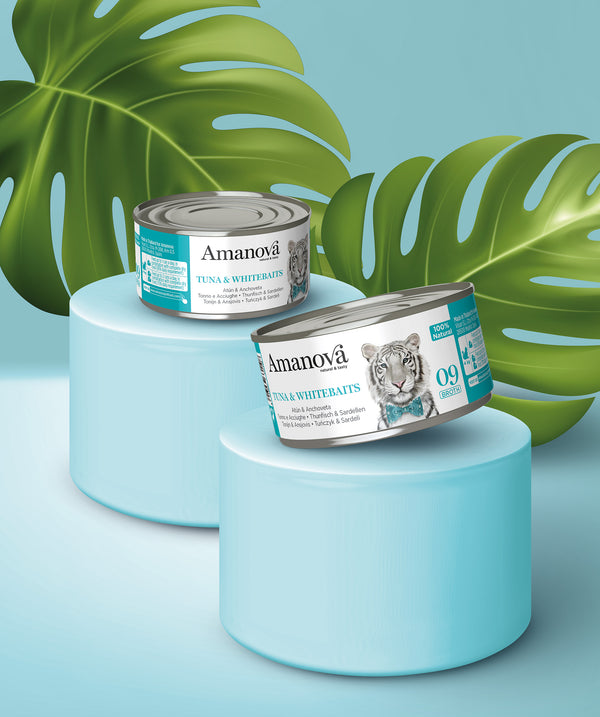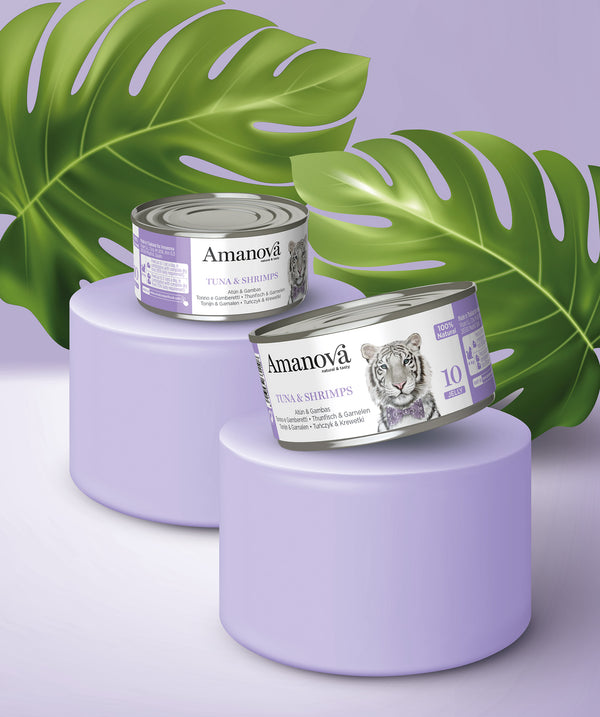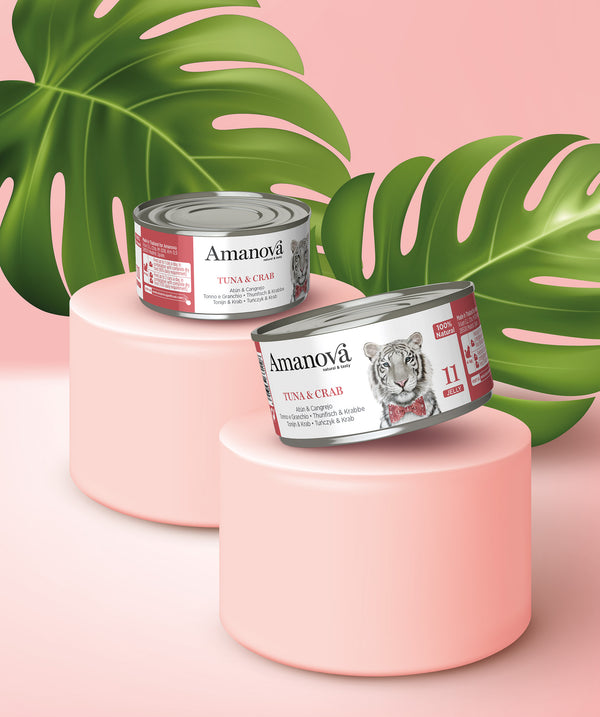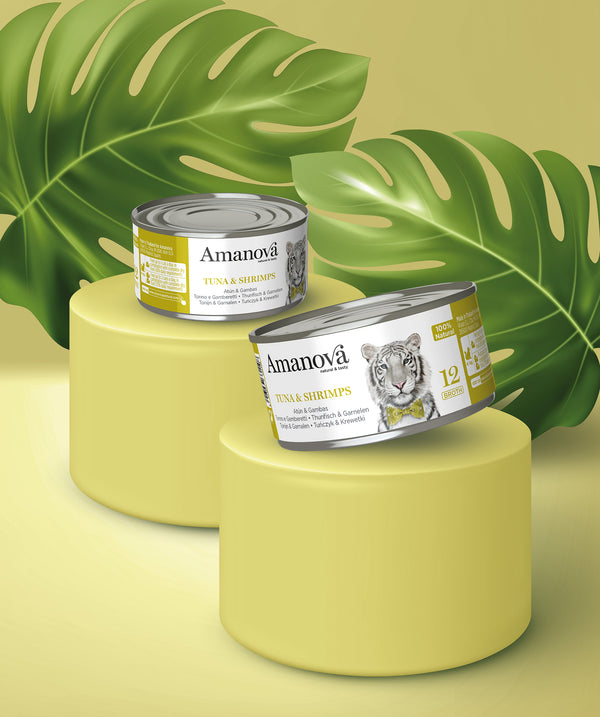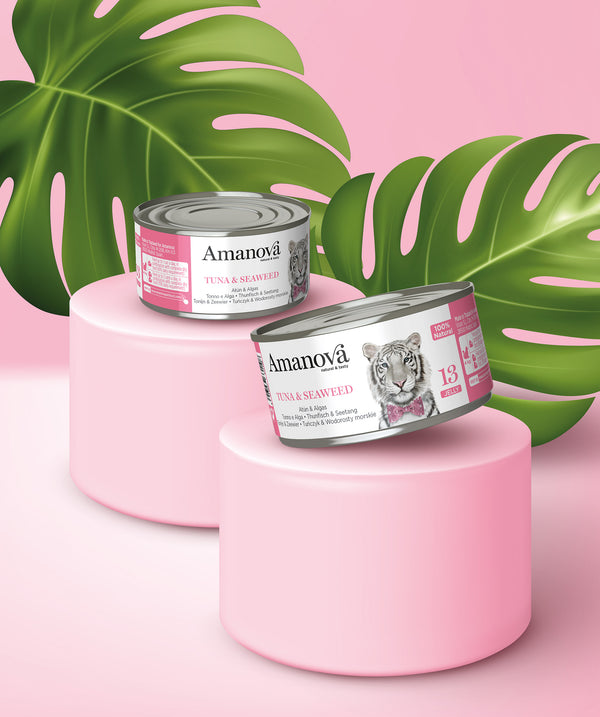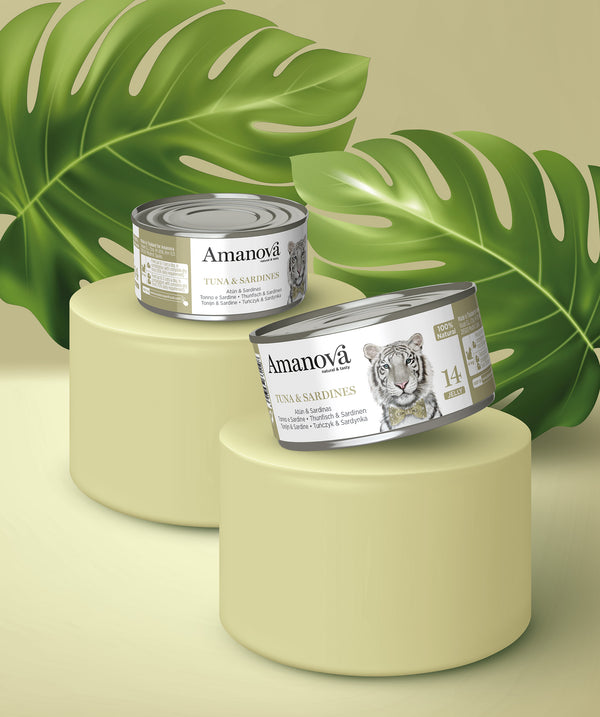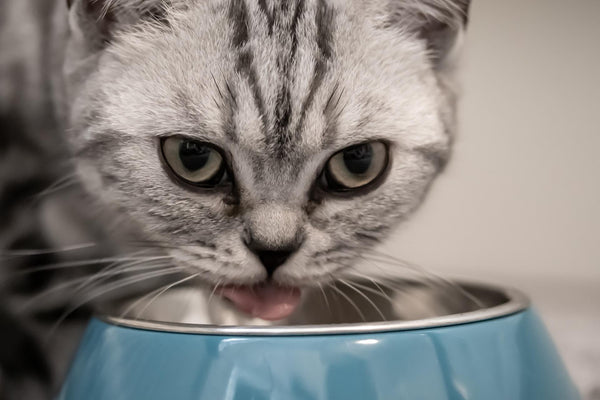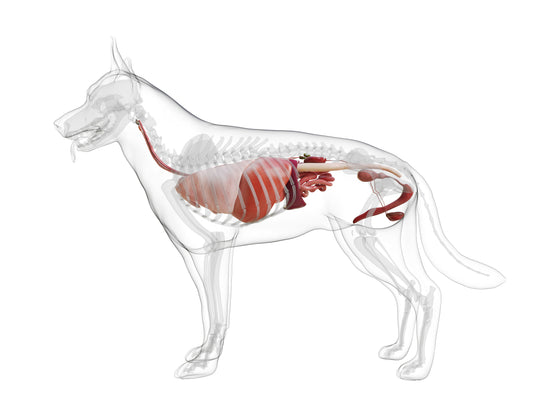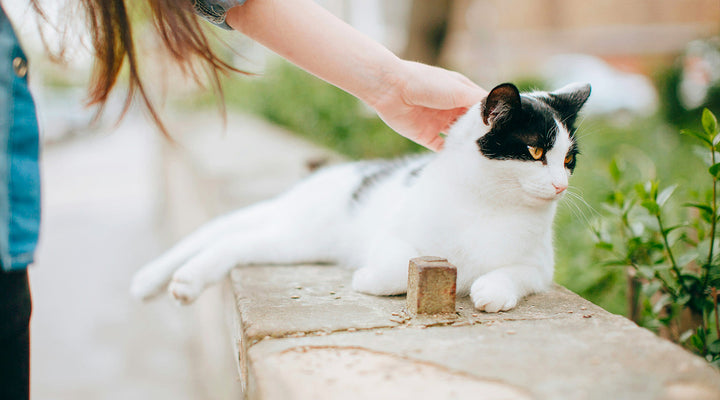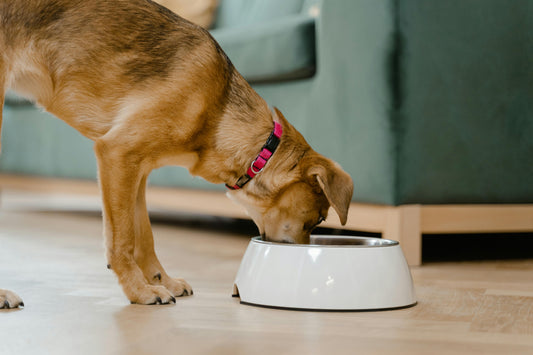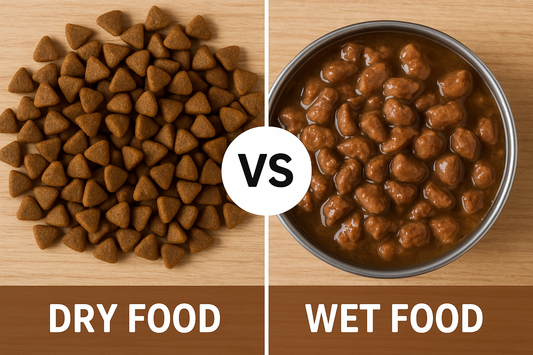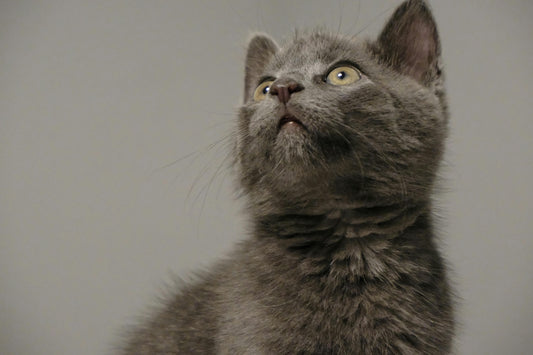Grain-Free Cat Food: Yes or No?
A cat with cavities, if not treated in time, may end up suffering from more serious conditions, such as kidney or even heart disease. That is why your pet’s oral hygiene is an aspect you should take care of if you want to guarantee its health and well-being. In today’s article we explain the main causes of cavities in cats and the guidelines you should follow to prevent them.
How do cavities develop in cats?
Cavities in cats are an oral disease caused by the deterioration and demineralization of dental tissues. The teeth of our furry friends, just like those of humans, are covered by enamel that acts as protection against external agents. When this layer weakens or disappears, the teeth stop being protected and are exposed to germs in the mouth.
What factors cause cavities?
There are numerous factors that can trigger cavities in cats. These are the main causes:
- Poor or inadequate oral hygiene.
- High presence of oral bacteria.
- Advanced age.
- Inappropriate diet.
- Hereditary predisposition: cavities are more frequent in small and brachycephalic breeds.
How to treat cavities in cats?
If your cat has cavities, the first thing you should do is take it to the veterinarian so they can evaluate the case and determine the most appropriate treatment:
- If an X-ray confirms that the tooth pulp is affected, the most common treatment is tooth extraction.
- If the animal is still young and in good health, a root canal or tooth reconstruction may be performed.
- If the cavity only affects the enamel and has not damaged the tooth root, a filling can be done to remineralize the tooth without having to extract it.
Guidelines to prevent cavities in cats
In addition to being annoying and painful, cavities are sources of infection that can lead to more serious conditions. If bacteria enter the bloodstream, they can affect organs such as the kidneys or the heart. That’s why it is so important to prevent cavities in cats. The best way to avoid cavities in our four-legged companions is to maintain proper oral hygiene, with routine cleaning and veterinary check-ups. To do this, we recommend following these guidelines:
1) Brush your cat’s teeth regularly
Brushing your cat’s teeth is the best way to prevent dental problems. Although ideally it should be done daily, brushing two or three times a week is usually enough to guarantee your pet’s oral health. Brushing a cat’s teeth is not as complicated as it may seem, as it is very similar to brushing human teeth. You just need patience and to use a special toothbrush and toothpaste for cats.
2) Use specific products to care for your pet’s oral hygiene
Nowadays, we can find many alternatives to strengthen the oral care of our faithful companions:
- Chew bones and dental sticks that help remove plaque.
- Dental toys specially designed for chewing.
- Antiseptic sprays for dogs that can be added to drinking water.
3) Feed your cat dry food
Finally, keep in mind that a diet based on dry food favors your cat’s dental hygiene. Unlike wet food, dry food needs to be chewed. This encourages salivation and reduces tartar buildup, helping to prevent cavities in cats. In addition to following these tips, it is very important to take your furry friend regularly to the veterinarian for a thorough dental cleaning and to check the condition of their teeth.

